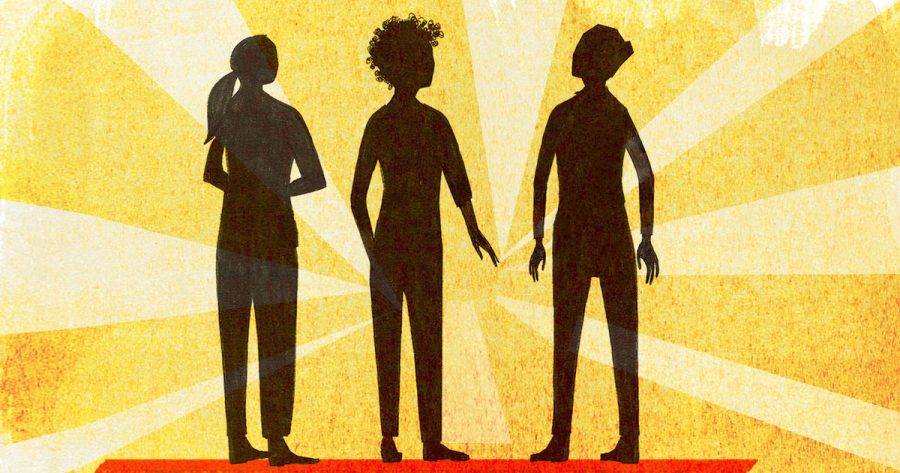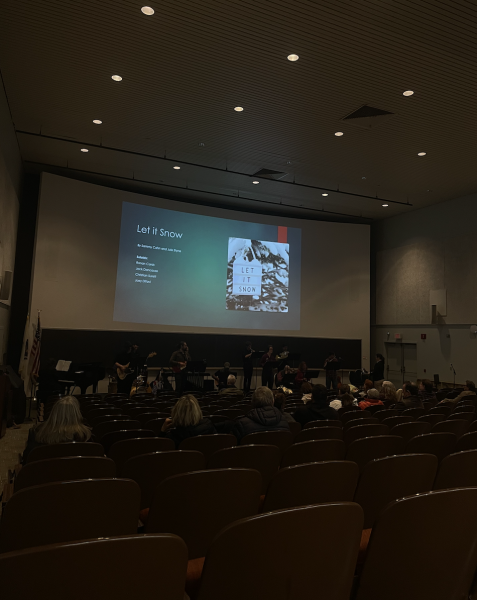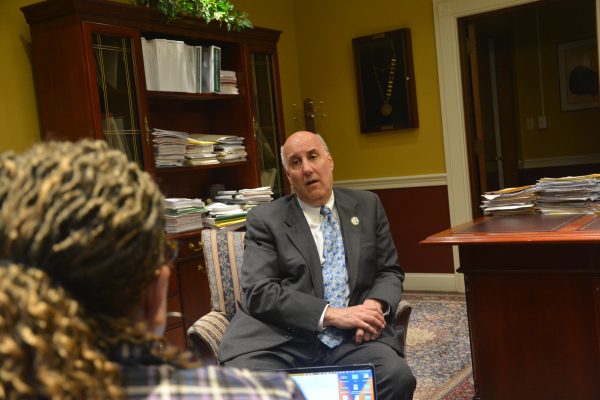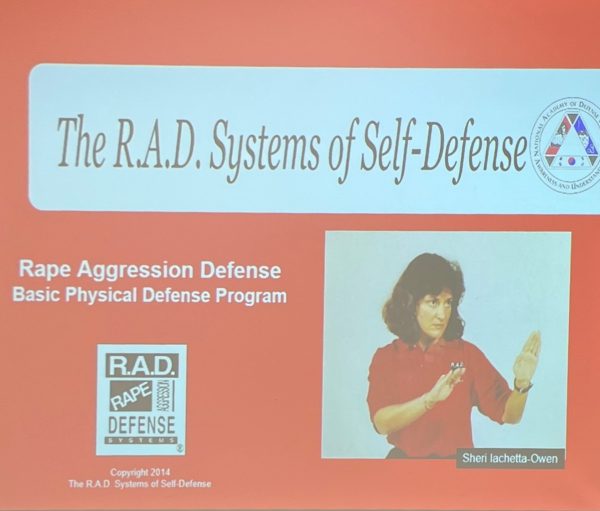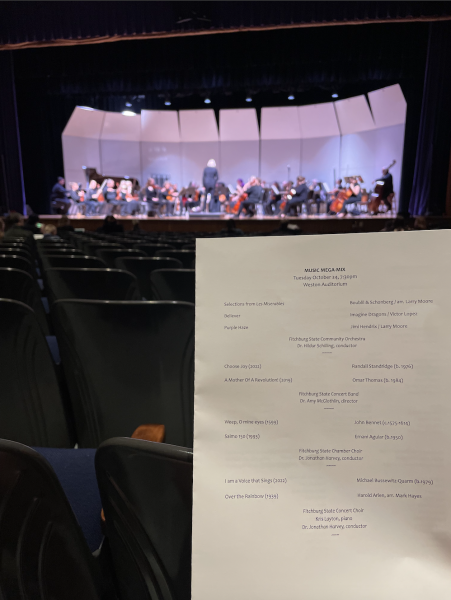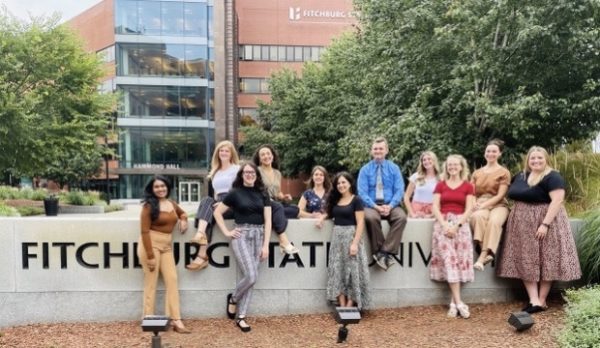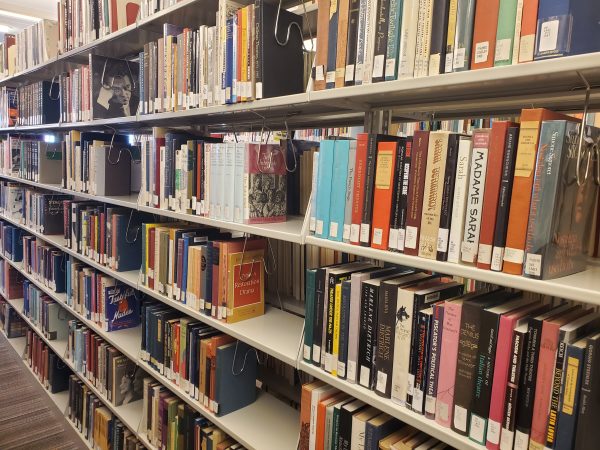Diversity in the Classroom
April 13, 2021
– Peter Canova
Educational debt is a term that describes the lack of resources granted to people of color in a school setting. Krismelly Grullon, a junior at Fitchburg State recently discussed her research on the topic, the title being, Educational Debt: Addressing Racism in Education. Both students and administrators attended the discussion with insight into the topic and some shared their own experiences dealing with “educational debt”.
Grullon is currently studying to become a teacher, and her dream is to one day teach kindergarten. For her presentation, she discussed the problem of educational debt and the achievement gap. Both of these phenomena disproportionately affect students of color and students whose first language may not be english. One participant responded that there’s a “lack of resources in high school” and instead of focusing on the redistribution of those resources, people “end up blaming students for their circumstances.”
Maia Lee-Chin, a senior at the College of the Holy Cross, recently conducted research with students aged 7 to 11 in the Worcester area. The research focused on marginalized students in underserved communities and dealt with a phenomenon called the “fourth grade slump”, at which point reading comprehension begins to decline. Lee-Chin’s preliminary findings suggest that “children in low income areas don’t have access to books or they have access to books that are not appropriate for their reading level.” Lee-Chin also found that marginalized communities did not have teachers with experience or knowledge of those communities, many of which come from programs such as “teach for America,” leaving educators unprepared to teach underserved communities.
During Grullon’s presentation, another participant reflected on the substance of the education itself. “The curriculum is so white” and it’s, “depriving students from learning about their history and culture.” Many of the participants reflected on their own experiences in school, and there was an agreement amongst participants that “students who need less support get more help and more money,” many being white, privileged students.
With english being her second language, Grullon expressed her frustration with standardized testing. “Standardized tests don’t prove my ability to teach”, Grullon went on to state that the “MTELs are not fair.” Grullon struggles with the test due to English not being her first language, and the test doesn’t assist people in these types of situations. Grullon stated that, “Standardized tests are not being inclusive; they are not giving people of color an opportunity to make a change in the education system.”
Lee-Chin recently accepted a job as a latin and greek educator at Boston College High school where she will be, “one of the only black teachers.” Reflecting on her own experiences, Lee-Chin stated that, “If I had a black teacher teaching me latin and greek, I wouldn’t have felt so isolated”. Grullon had similar testimony, and stated that, “Students need teachers that they can relate to and teachers that really understand the struggles of being a student of color in the US. I am someone that understands what it is to come from the bottom and deeply understands students of color because I am one of them.”


